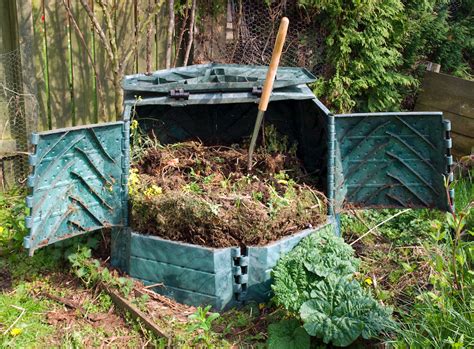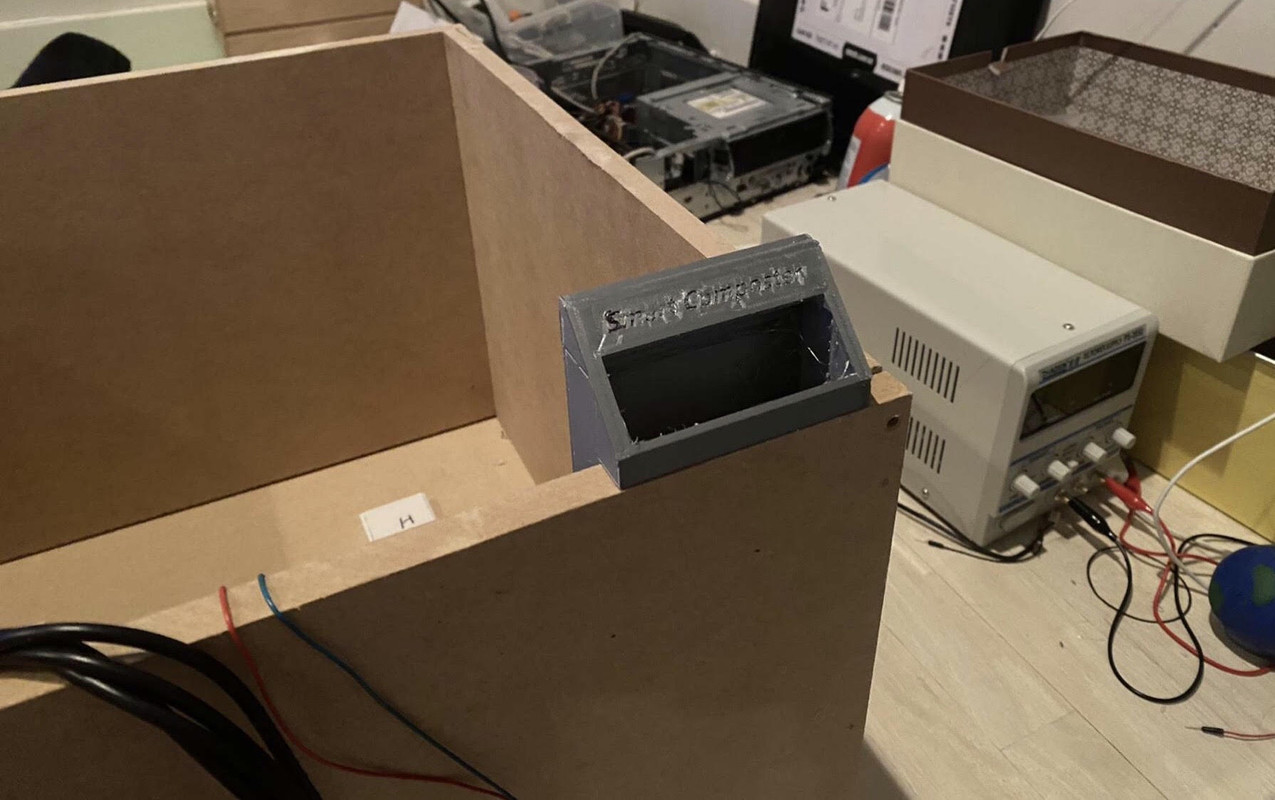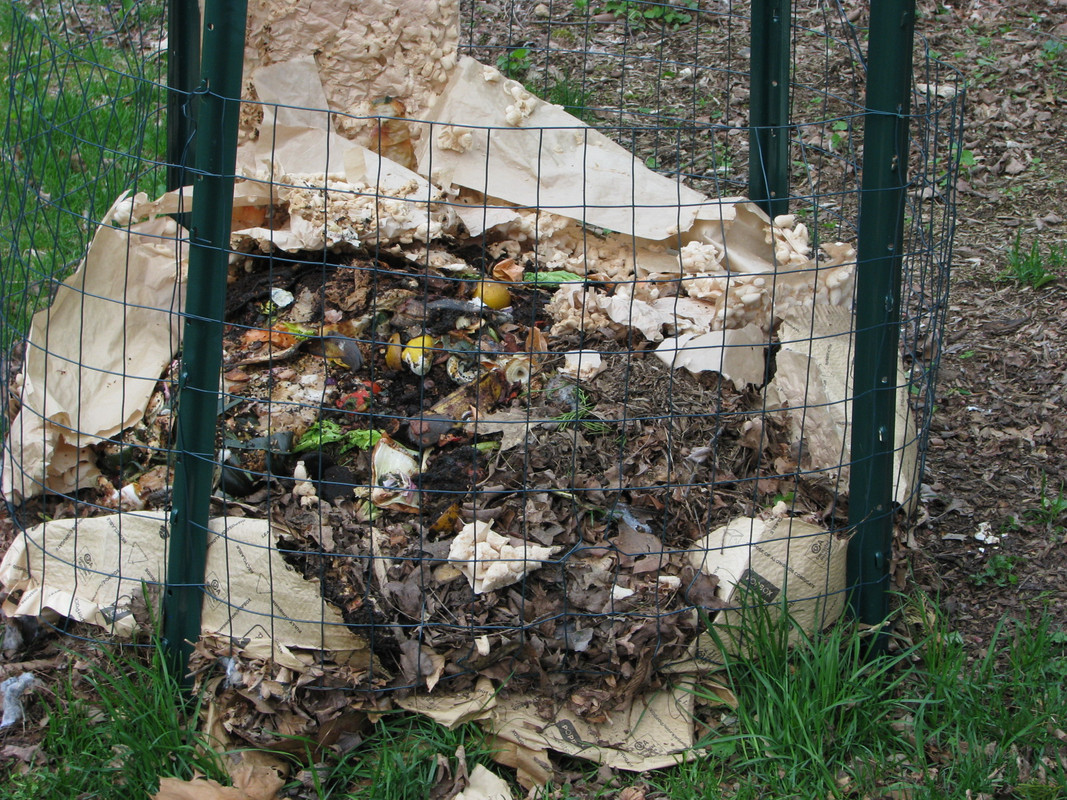Description
Problem
Composting, which is widely accepted as an effective way to limit food waste, takes a lot of space and necessitates constant monitoring. Many people do not possess the time or space required to maintain a well-developed compost pile.
 Every year, the average household throws away thousands of pounds of food that could be reused in a more productive manner. This level of food waste is hurting the environment. One effective way to limit the amount of food waste produced in a household is to create a compost pile. Compost piles can be used to fertilize vegetable gardens that further promotes sustainability. However, composting is currently inacessible to many. It takes a lot of time and effort to build an effective compost pile. As of right now, the only composting aids available are upwards of $100 each and do very little to actually make composting easier. The Smart Composter aims to help fix this issue by providing a low cost alternative to traditional composting methods.
Every year, the average household throws away thousands of pounds of food that could be reused in a more productive manner. This level of food waste is hurting the environment. One effective way to limit the amount of food waste produced in a household is to create a compost pile. Compost piles can be used to fertilize vegetable gardens that further promotes sustainability. However, composting is currently inacessible to many. It takes a lot of time and effort to build an effective compost pile. As of right now, the only composting aids available are upwards of $100 each and do very little to actually make composting easier. The Smart Composter aims to help fix this issue by providing a low cost alternative to traditional composting methods.
Solution
 To be as effective as possible, compost must have few key components that are regulated. The moisture level of the soil has to be kept under control; spinning and mixing the compost pile helps with that. The PH level of the compost also needs to be regulated, this is accomplished by adding leaves to the pile periodically. The pile's temperature also must remain at a fairly high level. By automating these functions, it is possible to completely remove the human aspect of the composting process. This makes it easier for people with very little spare time to maintain a composting process.
To be as effective as possible, compost must have few key components that are regulated. The moisture level of the soil has to be kept under control; spinning and mixing the compost pile helps with that. The PH level of the compost also needs to be regulated, this is accomplished by adding leaves to the pile periodically. The pile's temperature also must remain at a fairly high level. By automating these functions, it is possible to completely remove the human aspect of the composting process. This makes it easier for people with very little spare time to maintain a composting process.

User's Perspective
The food waste created by households has a detrimental effect on the environment. Composting is one of the few beneficial ways to keep the environment operating properly. The environment is a complex system, and in the age of global warming, many people are asking themselves “How can I help the environment recover?” and “What can I do to reduce my effect on global warming?”